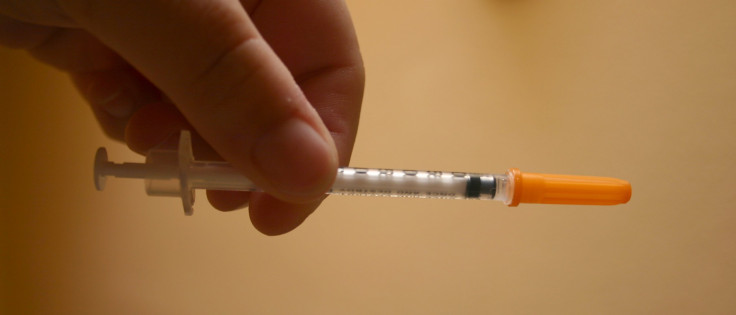Surgery Better Type 2 Diabetes Treatment Than Conventional Methods: Study

Those struggling with type 2 diabetes know the daily struggle of living with it — the glucose meter, the insulin, the meal monitoring. Finding better ways to combat diabetes has been a medical issue for a while now, and bariatric and weight-loss surgeries have been tested as possible candidates. Studies have shown these surgeries can result in dramatic improvements in diabetes patients, but they’ve all only looked at short-term control of the disease.
New research by King’s College London and the Universita Cattolica in Rome, Italy, questioned whether bariatric and metabolic surgery was effective treatment for type 2 diabetes in the long term. The study, which followed a group of diabetic patients aged 30 to 60 with a body-mass index (BMI) of 35 or more, examined the effects of either conventional diabetes treatment, surgery by gastric bypass, or biliopancreatic diversion. The gastric bypass involves shrinking the size of the stomach, while biliopancreatic diversion is a more extensive bypassing of the intestine.
At the time of the five-year follow-up, researchers evaluated the durability of diabetes remission, which was defined as a glycated haemaglobin A1c (HbA1c) concentration of 6.5 percent or less without the need of drugs for at least one year. Fifty percent of the surgical patients maintained diabetes remission at five years, compared with none of the conventionally treated patients. Even regardless of the remission rates, surgical patients had a lower average level of blood glucose than medically treated ones. Surgery was also linked to better quality-of-life scores.
There was no mortality and no major long-term complications after surgery. Half of the patients who had initial diabetes remission did, however, experience a relapse of mild hyperglycemia five years after surgery. The researchers say that for this reason, monitoring of glycemia should continue in patients who achieve remission. Even these patients maintained a mean HbA1c level of 6.7 percent, though, indicating adequate control of the disease.
"The ability of surgery to greatly reduce the need for insulin and other drugs suggests that surgical therapy is a cost-effective approach to treating type 2 diabetes," said Professor Francesco Rubino, senior author of this study and Chair of Bariatric and Metabolic Surgery at King's College London and a Consultant Surgeon at King's College Hospital in London, UK, in a press release.
The authors of the study do caution that the trial had a relatively small sample size (53 patients) and it does not allow definitive conclusions about the ability of surgery to reduce diabetes complications.
Professor Geltrude Mingrone, first author of the study who is a Professor of Internal Medicine at the Universita Cattolica in Rome and a Professor of Diabetes and Nutrition at King's College London, said in a statement: "The lower incidence of typical diabetes complications in this study is in line with previous findings from long-term non-randomized studies; however, larger and ideally multicenter randomized trials are needed to definitively confirm that surgery can reduce diabetes morbidity and mortality compared to standard medical treatment. Nevertheless, surgery appears to dramatically reduce risk factors of cardiovascular disease."
Source: Rubino F, Mingrone G, Panuzi S, De Gaetano A, Guidone C, Iaconelli A. Bariatric-metabolic surgery versus conventional medical treatment in obese patients with type 2 diabetes: 5 year follow-up of an open-label, single-centre, randomized controlled trial. Lancet. 2015
Published by Medicaldaily.com



























